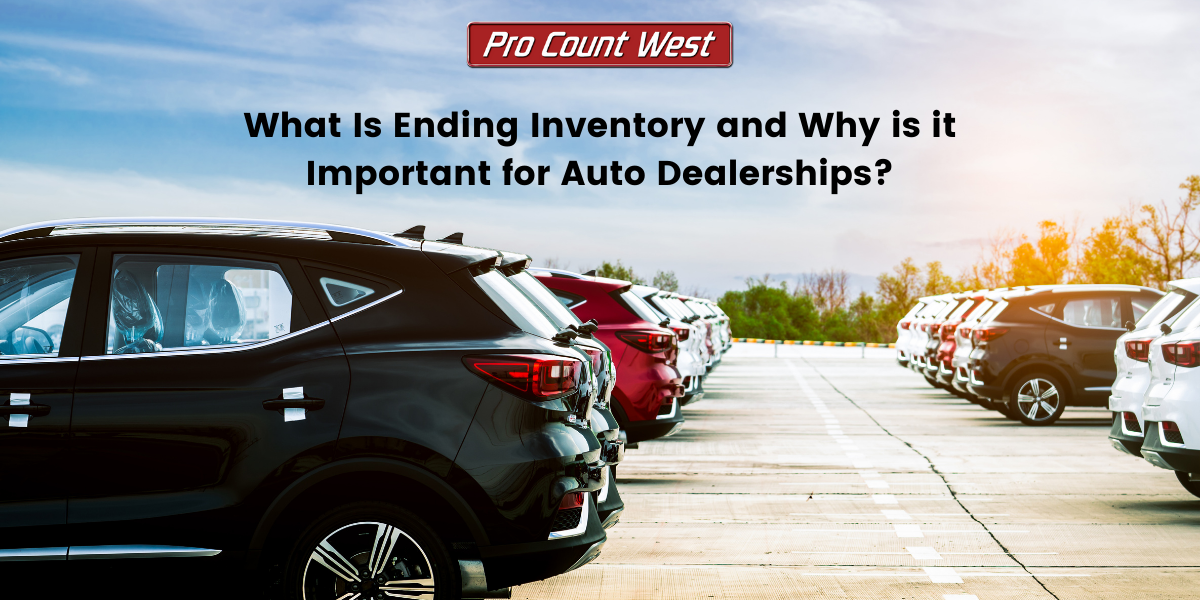Unknown Facts About Kollective Automotive Group
Unknown Facts About Kollective Automotive Group
Blog Article
The 5-Minute Rule for Kollective Automotive Group
Table of ContentsThe Best Strategy To Use For Kollective Automotive GroupA Biased View of Kollective Automotive GroupTop Guidelines Of Kollective Automotive GroupIndicators on Kollective Automotive Group You Should KnowThe Of Kollective Automotive Group
Frequent repair services, due to extreme road conditions and serious climate, in addition to everyday wear-and-tear often speed up that decline. In addition, better-equipped, much more effective versions of the very same autos regularly replace much less effective, older models. It is part-and-parcel of a much larger business cycle, which has affected the training course of the residential vehicle sector for well over a century.
Both events concurred from the begin that the auto organization was like no other domestic sector to day. Some influential car manufacturers and suppliers highly advised adopting the service model first established by Montgomery Ward and Sears & Roebuck in the 1880s. Their flourishing mail order business had actually served both those stores fairly well.
mail. Those suppliers favoring that specific company strategy suggested that the domestic automobile industry could desire to create a similar model that would certainly ensure high returns with just a sensible amount of investment upfront. Some also went so much regarding suggest that makers may take into consideration delivering their brand-new cars and trucks in specially significant kits to proprietors who would certainly then assemble them in the convenience of their home.
Top Guidelines Of Kollective Automotive Group
The majority of cars and truck manufacturers believed that concept was highly not practical. For this mail order concept to operate at all, it would certainly need a much less hands-on organization approach on the component of the acquiring public. https://sitereport.netcraft.com/?url=https://inhumannews.com. Its fans proposed that cars and truck buyers need to buy completely put together vehicles through special catalogues
If that proceeded forever that would detrimentally impact the high quality of the automobile generated there, which subsequently would certainly result in reduced brand-new car sales. That must not happen. Vehicle fixings represented one more vital problem needing their focus. Specifically, would certainly the agent accountable for putting the brand-new auto orders additionally take care of maintenance issues, or would that person simply refer the auto owner to individually operated local garages for their service needs? On top of that, for how long would average vehicle repairs take, and exactly how would the owner spend for them? In a similar blood vessel, would the proprietor be economically in charge of practically all repair services made on his or hers lorry, or would certainly the car makers supply some kind of restricted warrantee-related protection? That would certainly manage new automobile warrantee details if makers should choose to furnish some defense? Vehicle producers had to attend to these issues and more initial before embracing any type of irreversible business version to adhere to.
They securely believed that any type of glitches that might create could be solved quickly. Movie critics of that strategy were not so sure. No one argued that the sheer magnitude of this endeavor behooved the car industry ahead up with a viable, new means of marketing and servicing its vehicles.
The Of Kollective Automotive Group
Where they differed was not whether they should create a functional service strategy? That was a provided. The inquiry encountering them was what was the most effective method for them to attain that objective? Ultimately, vehicle specialists overwhelmingly preferred the neighborhood distributor model over mail order service. It was more reliable and faster than the U.S - kollective.
Those sustaining the dealer model additionally competed that distributors must play a definitive role in any-and-all significant choices. Their particular business obligations ought to incorporate much even more than offering as middlemans in between the factory and buyers. At the turn of the 20th century, cutting-edge leaders in the field strongly suggested that any future company link between domestic auto manufacturers and their suppliers must be both fair and honest, with neither team totally dominating the other.
Things about Kollective Automotive Group

No sooner were these service principles embraced prior to a brand-new, equally complicated issue surfaced (luxury car maintenance tips). As early as 1922, movie critics kept in mind an expanding difference in between the desire of regional dealers to supply their customers with the most effective feasible, most affordable expense repair work solution vs. the equally pressing demand to make decent profits on the job carried out in their corresponding stores
Being a brand name brand-new market, struggling dealerships had few organization criteria to bring into play pertaining to just how efficient, successful outlets ought to run - https://myanimelist.net/comments.php?id=20253158. They were entirely on their-own. Wishing to do right by their car owners as a method of building up repeat service promptly led lots of distributors to undercharge for pricey repair work
Unknown Facts About Kollective Automotive Group
They micromanaged virtually every service aspect of their dealerships by asserted that they, and not their suppliers, had actually thought the mass of the financial worry equated with operating such an enterprise - kollective. It seemed perfectly sensible for the maker, not the supplier, to make the majority Learn More of business decisions influencing the future of their operations.
Justness in organization practices aside, many vehicle producers showed bit, if any type of, sorrow when it came to imposing rough needs and guidelines on their numerous outlets. The term dealer in its strictest sense suggested trainer, not policy manufacturer, and a lot of residential car manufacturers followed that line of believing to what they thought was its sensible conclusion.
Makes justified their meddling in the day-to-day events of their suppliers by asserting that they alone were the best certified to handle such matters, and that they, naturally understood, what was ideal for their company. Unfortunately, that hard service line, instituted at the time of the First World Battle, did not soften much over time.
Report this page